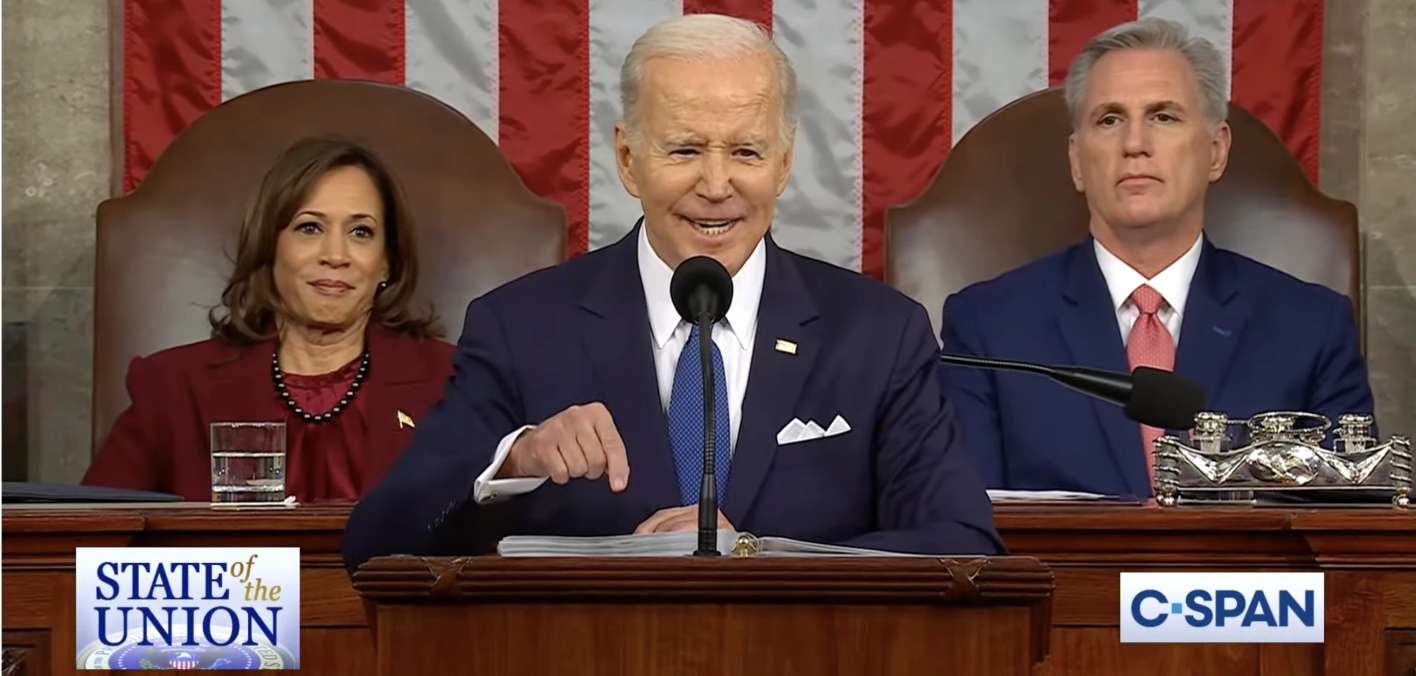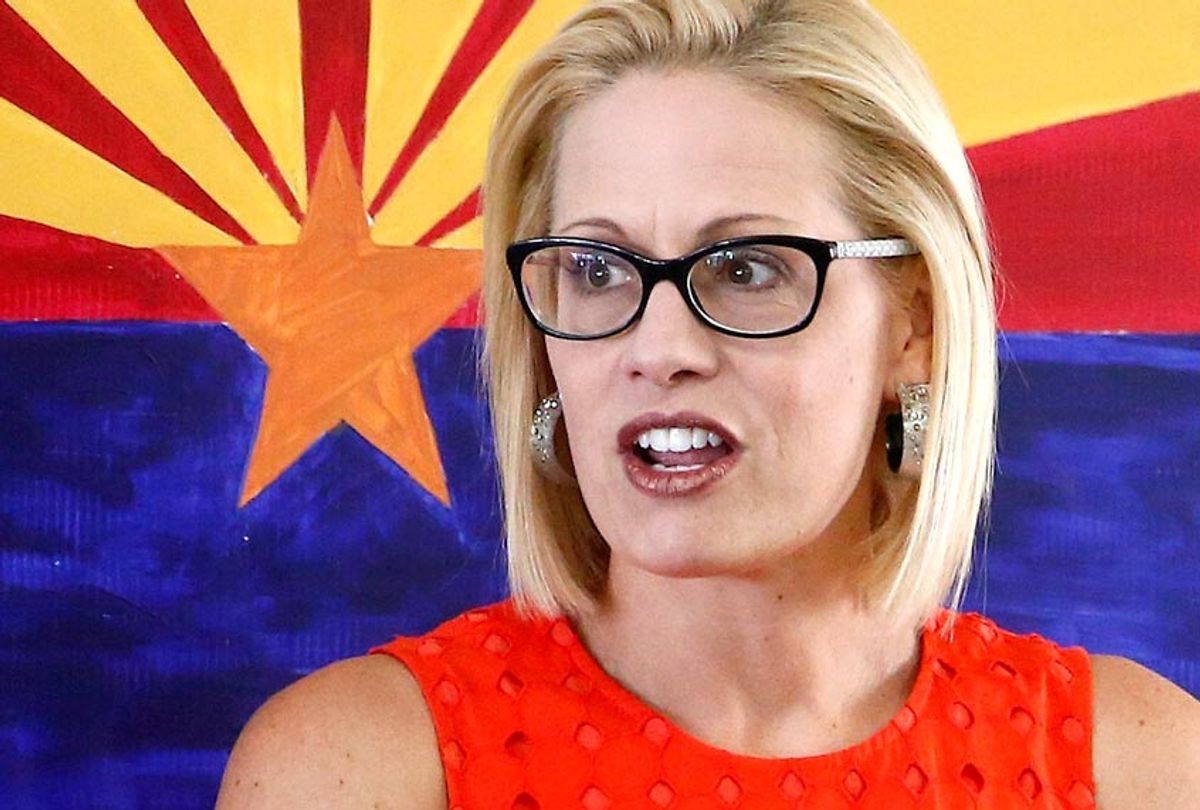
Listen HERE
House Republicans are refusing to raise the debt limit, threatening that the US will default on its bond payments. But the Constitution has the solution for President Biden – that’s what historian Eric Foner says. He joins the podcast to shed light on a little-known section of the 14th Amendment.
Next: Republicans continue to work to limit teaching about Black Americans’ place in our history. Meanwhile, the 1619 Project, the book offering what the authors call “a new origin story” about the United States, was released as a docuseries on Hulu. Martha Jones, a historian at Johns Hopkins University, and one of the contributors, talks about the battle, the book, and the larger project.
Also: we’re still thinking about Victor Navasky, who died on Jan. 23. He was editor or publisher of The Nation for 27 years, starting in 1978, and author of several books, including one about his life in magazines, titled “A Matter of Opinion.” We’ll listen to our conversation about that book, recorded in 2006.
Plus: Oliver Sacks was a professor of neurology at the NYU School of Medicine, and wrote widely about the brain; the NY Times called him “the poet of laureate of medicine.” We revisit an interview with him about tripping in Topanga – and his book “Hallucinations” – recorded in 2012, he died three years later. 2-2-2023



/cdn.vox-cdn.com/uploads/chorus_image/image/67188448/1009769900.jpg.0.jpg)







